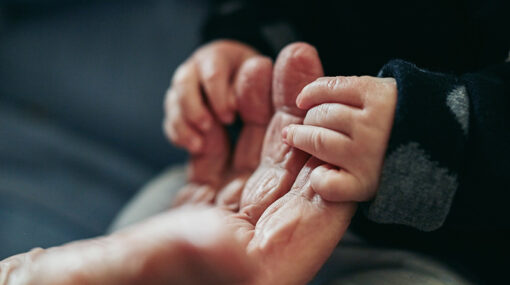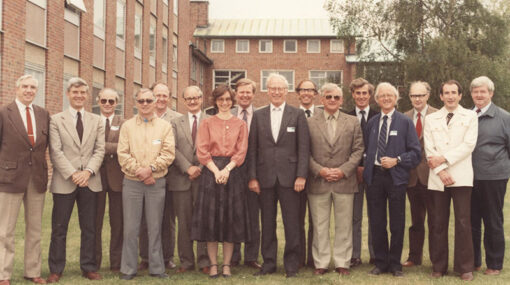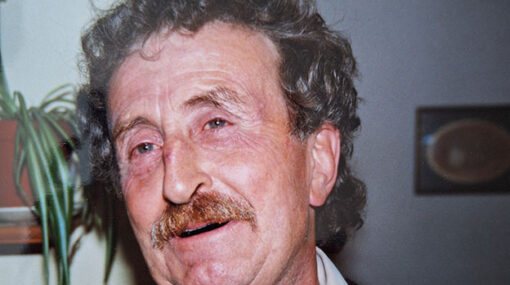Featured articles

Featured articles
Firm News
Hugh James celebrates significant promotions across its Cardiff, London and Manchester offices
01/05/2025


Comment
Featured articles
Major breakthrough for thousands in military hearing loss claims
08/07/2024

Firm News
See all articles
Featured articles
Firm News
Hugh James celebrates significant promotions across its Cardiff, London and Manchester offices
01/05/2025

Firm News
Hugh James reappointed to major four-year Welsh Government Legal Services framework
19/03/2025
Comment
See all articles
Comment
Sports insights
Concussion in sport: What governing bodies need to learn from Will Pucovski’s retirement and ongoing litigation
06/05/2025



Comment
Family law insights
Who gets the dog? The changing role of pets in divorce settlements
10/04/2025


Deals
See all articles
Case Study
See all articles
Case Study
Military case studies
Preventable non-freezing cold injuries suffered by military personnel
25/02/2025

Asbestos & mesothelioma case studies
Case Study
Father of three David Squires determined to live life to the fullest despite mesothelioma
04/02/2025


Financial miss-selling case studies
Veteran secures £59,973 Compensation for Mis-Sold Armed Forces Pension Transfer
02/01/2025

Case Study
Nursing care case studies
Securing justice: How we helped a spinal injury survivor receive NHS-funded care at home
02/12/2024

Case Study
Military case studies
Significant Settlement Achieved in Noise Induced Hearing Loss Case Against Ministry of Defence
26/11/2024
Webinars
See all articles




Podcasts
See all articlesWitness Appeals
See all articles
Witness Appeals
Witness Appeal: Did you work with Ronald March O’Halleron (known as Ron) at St Anthony’s Tar Plant?
07/05/2025

Witness Appeals
Witness appeal launched following death of former scientific officer from asbestos-related cancer
28/03/2025

Witness Appeals
Witness appeal: Asbestos exposure at the Department of Engineering, University of Cambridge
20/02/2025
Charities, Community, & CSR
See all articles
Charities, Community, & CSR
Firm News
From sky to support: Alan’s skydive for Trust House and We-Together
26/11/2024

Charities, Community, & CSR
Firm News
Hugh James Rugby Lunch 2024 raises £29k for charity partners
15/11/2024

Charities, Community, & CSR
A memorable day in Horatio’s Garden: Treasure hunt and afternoon tea
26/06/2024

Charities, Community, & CSR
Hugh James continues to support Horatio’s Garden Wales | Nurturing the wellbeing of people after spinal injury
21/05/2024

Charities, Community, & CSR
Brake’s “Beep Beep! Day” for road safety – saving little lives
24/04/2024






